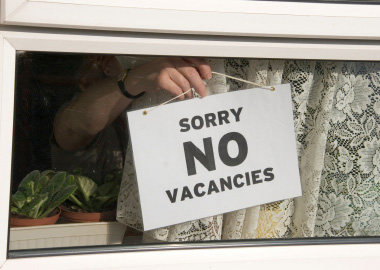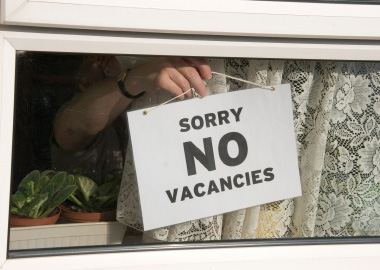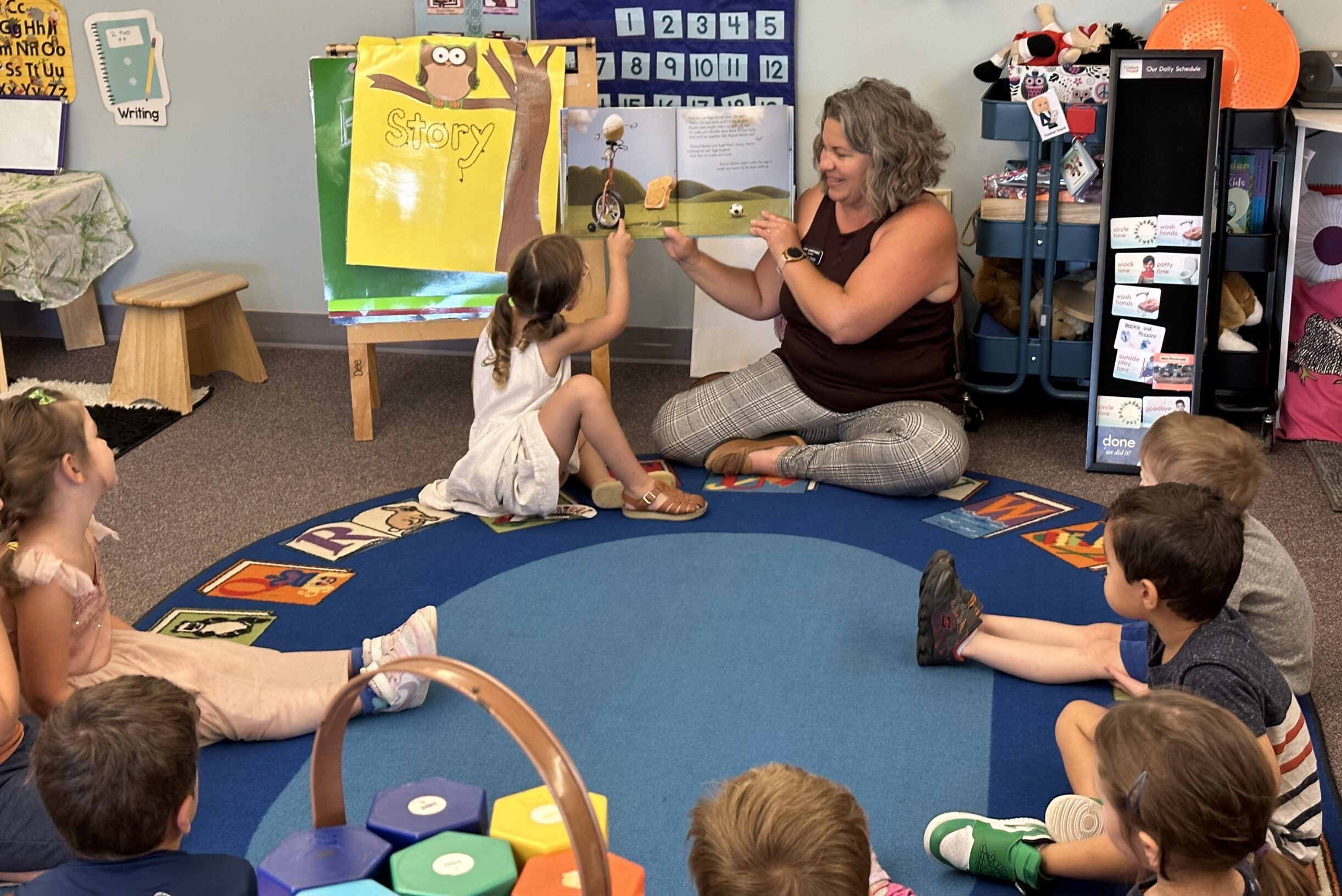

Vacancy rates in the region were between one and three percent even before the deluge. With competition fierce for trailers and apartments, some Latino families say they're being discriminated against.
Rito Romero’s eyes are bloodshot. He says he hasn’t slept much since the floods swept away his home and all of his belongings two months ago.
Romero and five other family members are sharing a small room at a friend’s place. The house is overflowing with ten people and all their stuff. Romero is struggling to get enough rest. He works nights in the oil and gas fields. The house is loud during the day.
The Romeros illegally crossed the U.S. border from Mexico 14 years ago. Four of their six kids were born here, and the children’s legal status qualifies the family for federal disaster aid. They’ve received about 30,000 dollars from FEMA to buy a new trailer. But, they say they're facing housing discrimination. Romero says Lago Vista Mobile Home park in Loveland wouldn’t accept his application. He claims they turned him down because he’s an immigrant. He says he suspects that because workers there asked him for his documents. The trailer park didn’t return repeated calls from Colorado Public Radio.
A few blocks away another Latino family is struggling to get back on their feet.
Jose Sanchez says it’s been hard. Their savings are gone. They also lost everything in the floods.
The family of four is staying in a double room at the Clarion Hotel in downtown Greeley. FEMA is helping the Sanchez’s pay their hotel tab, and they’ve received 27,000 dollars to buy a new trailer. But, Sanchez says shopping for one has been nearly impossible. “We already looked in all the trailer parks in Greeley, and nothing," He said. "There are some, but we need to have credit, and they need a lot of time to do background checks to see if the trailer park will accept us, to check whether we are criminals or not, that kind of thing. So, we need documents. That's the hardest part.”
Jose and his wife are living in the U.S. illegally. But, both of their children have legal status. The family says that when FEMA’s temporary sheltering assistance ends they don’t know where they’ll go. FEMA's assistance is scheduled to expire November 16th.
Steve Chavez is an investigator for the Civil Rights Commission -- a state agency that investigates discrimination claims. He recently organized a Commission meeting in Greeley for spanish speaking flood victims. He says about a hundred people attended.
Chavez says he heard a range of concerns, "We heard individuals say that when they were in the lobby of some of these hotels they were asked for citizenship documentation and other forms of identification that white patrons weren’t asked for." He also said he heard bait and switch stories, “Where people had made a phone call to rent a property, told it was available, and then when they showed up they were told it was no longer available. They found out later that white individuals were given the opportunity to rent that property.”
Chavez says he passed out forty complaint intake forms at the meeting to the people who claimed discrimination. “The issues that were raised at this particular meeting really gave me pause for concern that something went seriously wrong in this particular situation,” he said.
However, to date Chavez hasn’t received any written complaints... neither have Weld County officials. The state Civil Rights Commission meets again Friday, Nov. 15th to discuss whether it will independently pursue formal investigations.









